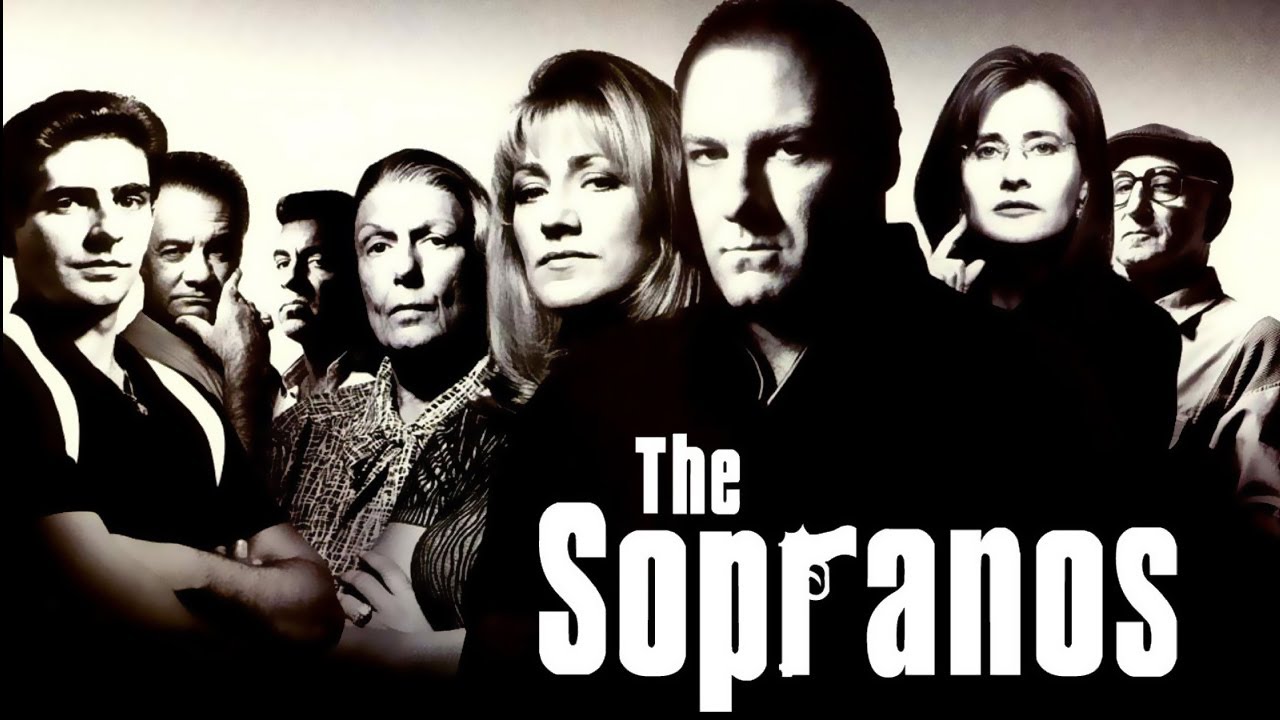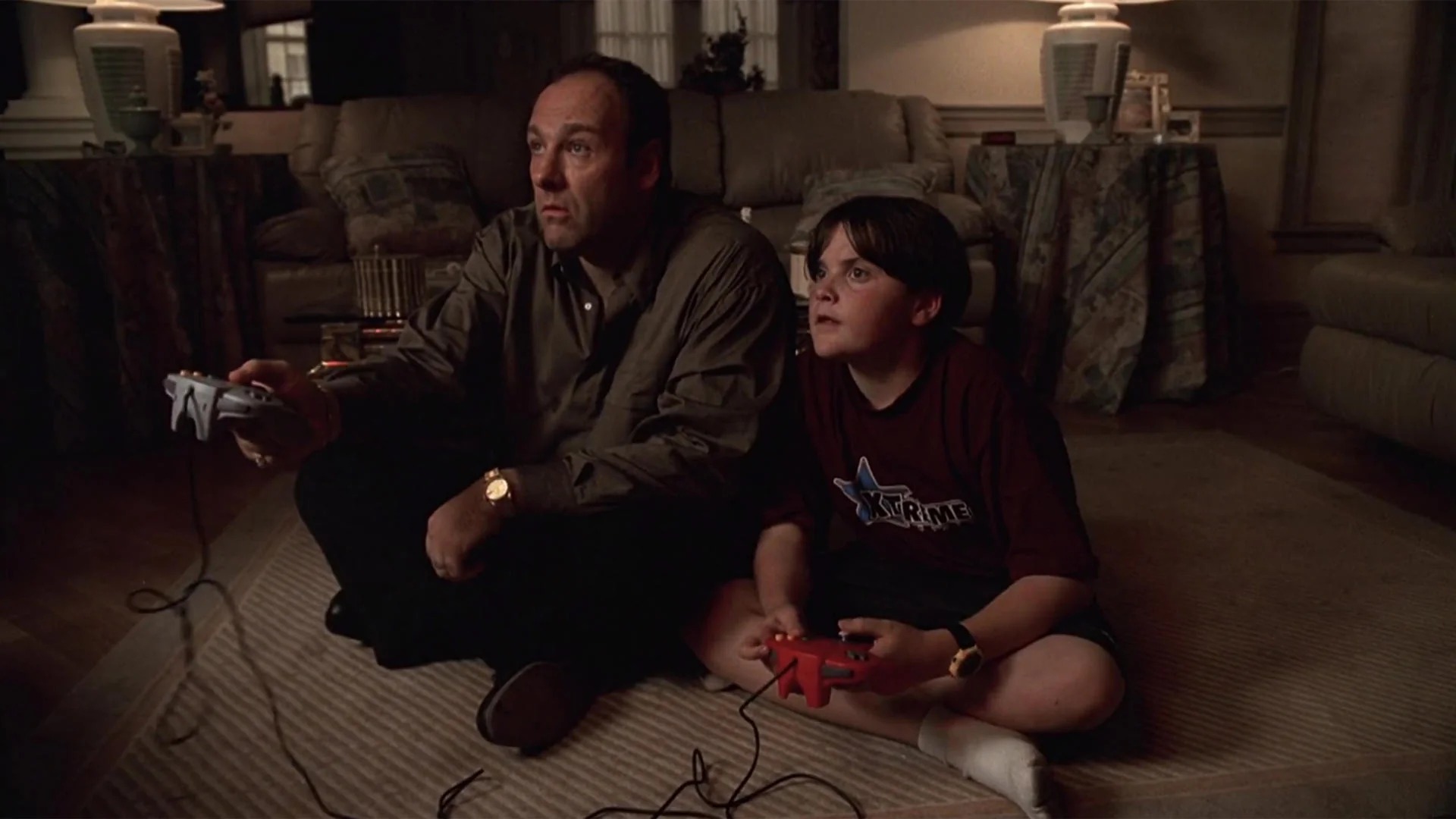The Sopranos (1999 – 2007)

The Sopranos is widely regarded as one of the greatest television series of all time, reshaping the crime drama genre and establishing new benchmarks for storytelling. Created by David Chase, this American crime drama aired from 1999 to 2007, capturing the attention of audiences and critics alike. The show’s lasting influence on television can be seen in its exploration of complex characters, moral ambiguity, and the intertwining of personal and professional lives. The Sopranos not only transformed the crime drama but also paved the way for more nuanced, character-driven storytelling in television.
At the heart of The Sopranos is Tony Soprano (James Gandolfini), an Italian-American mob boss from New Jersey. Tony is a character of profound psychological depth, struggling to balance the demands of his criminal empire with his role as a father and husband. The series delves into Tony’s troubled psyche, exploring his anxiety, depression, and the violent world in which he operates. His complex character serves as the foundation of the show, and James Gandolfini’s masterful performance brought Tony to life in a way that made him both terrifying and relatable.
The show’s unique blend of family drama and organized crime is one of its defining features. The Sopranos frequently shifts between Tony’s dealings in the criminal underworld and his family life at home. His interactions with his wife Carmela (Edie Falco), his children, and his mother Livia (Nancy Marchand) are as central to the narrative as his mob activities. This dual focus allows the series to explore the tensions between Tony’s personal life and his role as a ruthless mob boss, illustrating how both worlds often collide and create moral dilemmas for Tony and those around him.

Another key aspect of The Sopranos is its exploration of psychological and emotional complexity. The show’s depiction of therapy, through Tony’s sessions with Dr. Jennifer Melfi (Lorraine Bracco), offers a unique lens into the mobster’s inner life. These therapy sessions serve as a window into Tony’s struggles with his identity, guilt, and trauma, providing a psychological depth rarely seen in crime dramas. Through this, the series examines themes of self-deception, morality, and the impact of upbringing and environment on personal choices.

The writing and performances in The Sopranos are exceptional, with the show being known for its sharp dialogue, intricate plotting, and character-driven storytelling. The series also stands out for its use of dark humor and moments of absurdity, often balancing the brutality of the criminal world with moments of levity. This mix of violence, humor, and psychological drama helped make The Sopranos not just a crime series, but a work of art that appealed to a wide range of viewers. Its cultural impact cannot be overstated, as it influenced countless television shows that followed, from Breaking Bad to Mad Men.

In conclusion, The Sopranos redefined what a television series could be, blending crime drama with psychological exploration and dark humor. Its portrayal of a morally conflicted mob boss, combined with its intricate family dynamics and sharp writing, made it a groundbreaking and unforgettable show. The series continues to be celebrated for its complexity, depth, and cultural impact, and it remains a benchmark for excellence in television. With its powerful performances, especially from James Gandolfini, and its masterful storytelling, The Sopranos stands as a monumental achievement in the history of television.










